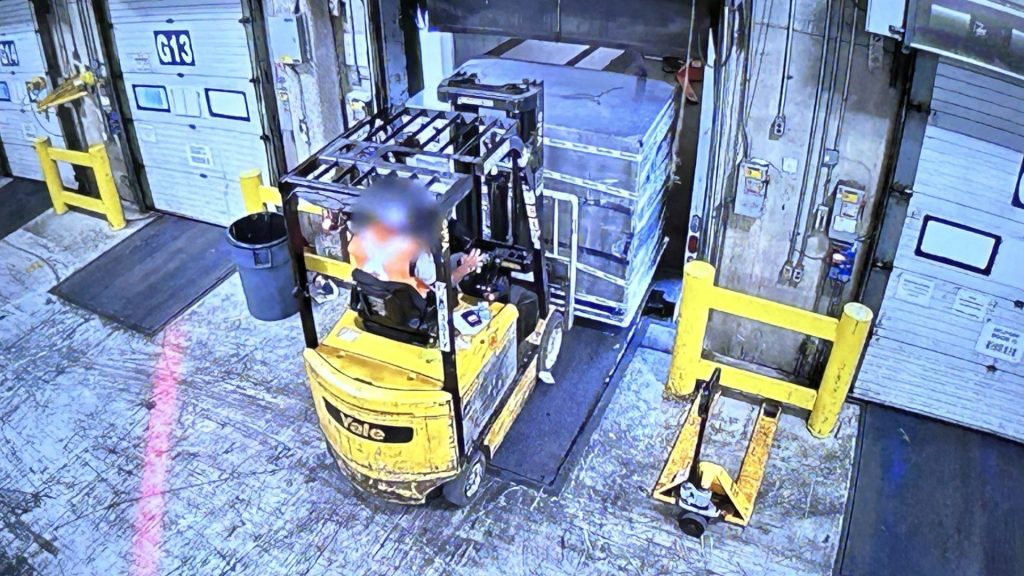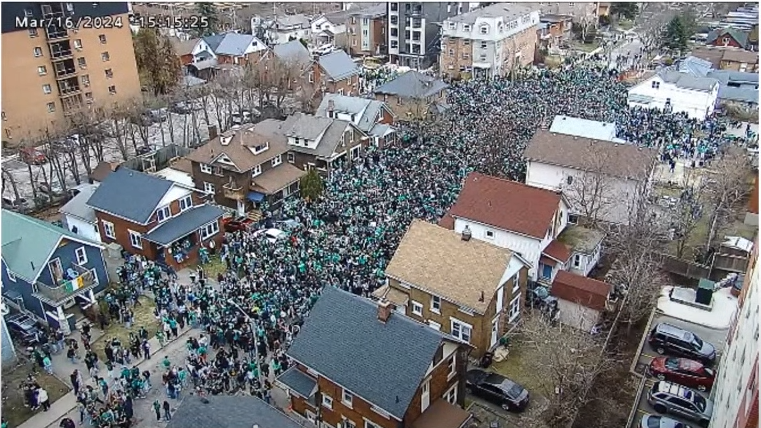Tory cabinet minister first casualty of new battle lines in Saskatchewan
Posted Jul 14, 2015 08:59:59 AM.
Last Updated Jul 14, 2015 05:59:18 PM.
This article is more than 5 years old.
OTTAWA – A Conservative cabinet minister has become the first casualty of new political battle lines in Saskatchewan.
Lynne Yelich lost the Conservative nomination in the newly created riding of Saskatoon-Grasswood on Monday night, with party members choosing popular local sports broadcaster Kevin Waugh as their candidate for the October election.
Yelich, who was named minister of state for consular affairs in 2013, has deep roots in the farming community of Kenaston, Sask. She has comfortably held onto the riding of Blackstrap since she was first elected as a Canadian Alliance MP in 2000.
But the contentious decision to sever traditionally blended urban-rural ridings in Saskatchewan into distinct urban and rural constituencies for this election split Blackstrap in two. The urban portion was turned into Saskatoon-Grasswood and the rural component blended into Moose Jaw—Lake Centre—Lanigan.
“We lost all the rural with redistribution and that’s when it became important that an urban person step in,” Waugh said in an interview of his decision to run.
“It was nothing to do with Lynne, she was doing fine. I just knew I had something to offer.”
Waugh has been a fixture in Saskatoon for four decades, sitting on the school board, leading local charitable initiatives and working as a sports broadcaster.
In a statement, Yelich thanked her constituents, calling it a privilege to represent them.
“While I am disappointed in this result, I am optimistic for the future of Canada under the leadership of our Prime Minister Stephen Harper and our Conservative government,” she said.
She is the only cabinet minister to have lost a nomination challenge; government whip John Duncan faced one in a new British Columbia riding but emerged victorious.
Prior to the boundary changes, Saskatchewan’s 14 ridings were all a mix of rural and urban voters. But population growth in the urban centres prompted the independent boundaries’ commission to redraw the electoral map, creating six primarily urban ridings, one blended riding and seven primarily rural ridings.
The changes were so divisive that the commission was split itself, with one member filing a dissenting report, arguing the move would create confusion and decrease voter turnout.
The province’s Tory MPs — who hold 13 of Saskatchewan’s 14 seats — were also opposed. The lone Liberal MP, Ralph Goodale, was in favour.
While sitting MPs don’t usually face nomination challenges, the creation of the new ridings opened up the process, and incumbent Conservatives weren’t allowed to run against each other.
“When the boundaries changed, what happened was it left some of these people scrambling to shore up their urban support, which frankly they had neglected over the years,” said David McGrane, a political science professor at the University of Saskatchewan.
Some just decamped for the new rural ridings, including Kelly Block and Tom Lukiwski, who is running in the riding that encompasses the rural element of Yelich’s old stomping grounds.
The NDP — which failed to capture a seat in the province in the last four federal elections despite winning a good chunk of the popular vote — is hoping for a breakthrough in the new urban ridings.
The Tories’ rural support has overwhelmed strong NDP support in urban centres in the past, said Lorne Nystrom, a former NDP MP from Saskatchewan.
“This time, with the new boundaries, it is certainly a different mix,” he said.
Though the Liberals only captured nine per cent of the popular vote in the province in 2011, they shouldn’t be counted out, said McGrane.
“What I’m looking for is for these new urban-only ridings to be much more competitive and I’m also looking for the three-way split,” he said.
“It’s going to matter a lot how much the Liberals take.”
Follow @StephanieLevitz on Twitter










